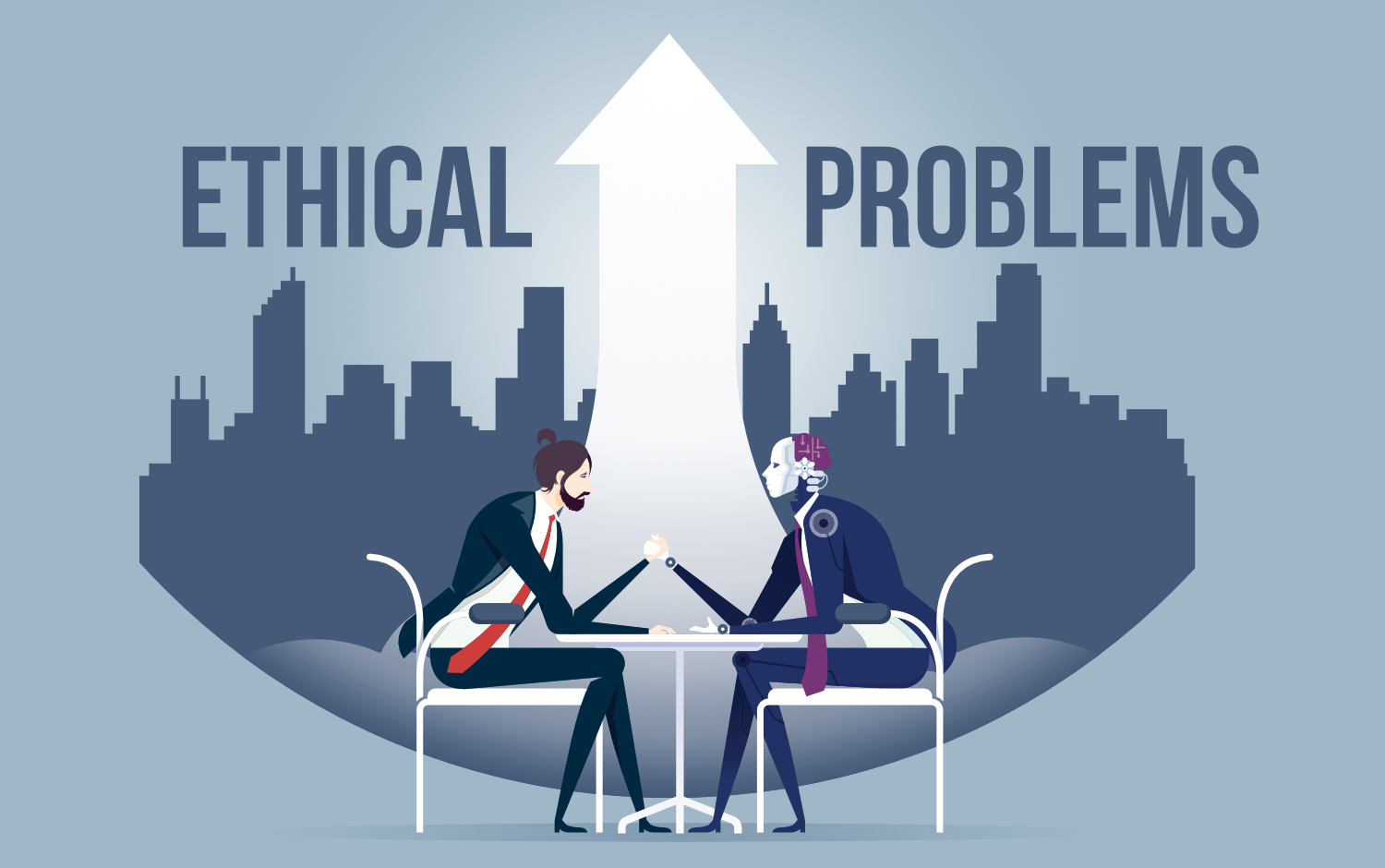The Ethical Dilemma of Artificial Intelligence: Is It Wrong to Call AI Humanity's Whipping Boy?
Key Highlights :

Artificial Intelligence (AI) has become a hot topic in the tech world, with debates raging over whether it will cure cancer and solve poverty or take over the world and make humans little more than minions and playthings. The truth lies in what motivates those holding the whip: us. Nicholas Thompson, CEO of The Atlantic and former editor of Wired magazine, recently presented what he considered one of the most interesting questions in tech: Is it wrong, then, to call AI humanity's whipping boy?
To answer this question, we need to look not to the future but to the past. Nearly 2500 years ago, Socrates, considered the father of Western philosophy, would pester people with similar questions in the beating heart of Athens. He would hover around the agora, or marketplace, and intellectually accost shoppers. One of his most dogged intellectual preoccupations was with the purpose of things. Not the fluffy Start With Why Simon Sinek kind of purpose; more mundane than that: What was the function of a thing? Referring to a common instrument or tool, what should it be used for?
A knife cuts and a bowl holds food or water. Extrapolating further, we humans have functions too. A military general is a strategist, and a taxi driver takes you from A to B. If a knife doesn't cut well, we may say it is a 'bad' knife. If you ask your taxi driver to take you to the airport and he takes you to his mother’s house, he is a bad, even troubled, taxi driver. The quality of a thing, therefore, is judged on its function - how well it does what it was designed to do.
What, then, is AI’s function? The holy grail of AI evolution is human-level intelligence. Why should this be so scary, exciting, or appealing when we already have eight billion human-level intelligence devices on Earth? This misses the point, though. Let's not forget AI's cybernetic form and that the word robot comes from the Czech word, robota, meaning forced labour. The value of artificial intelligence, at this stage, is that we can get it to do things humans don't want to or don't have the time to do at an exploitative rate that would frighten even the most demanding 17th-century slave owners. Want to crunch this colossal database for a few lines of user insight? AI will do it for you in a fraction of the time. Plus, it can't unionise.
That is not its only value, however. Rapid speed and an unwavering work ethic are fine qualities in an employee, but it is the ability to connect dots across billions of data points that shows AI's true value beyond the human brain. While we can do complex emotions and critical thinking, AI processes like a machine, which is why it can detect early signs of lung cancer years before any doctor. AI pattern recognition is not human-like; it is superhuman-like.
Identifying early stages of cancer is an example of a good use-case of AI – 'good’ in the sense of being morally good; creating disinformation campaigns to shape elections illegally would be a bad use-case of AI. That we can currently use the technology for both shows AI is neither inherently good nor bad, at least in the sense that a pencil isn't bad until you stab it in someone’s eye. It is this dimension that Nicholas Thompson was exploring as one of the most interesting questions in tech.
Even though a knife may not be inherently bad because someone uses it to kill another, he said, one could argue that a knife is inherently more dangerous than a spoon. Unless, of course, that spoon is transporting a few grams of Novichok across the streets of Salisbury. The point is, so long as we treat it as a tool or slave, and unless it develops the capacity for motivation – to do what it wants, when it wants – AI can be neither inherently good nor bad. Until then, AI will be motivationally inert and shaped exclusively by its programmatic purpose, defined by us humans. We hold the whip, and AI is our whipping boy.
Therefore, the real question we should ask is whether humans are inherently good. AI is a reflection of us, and if we are not good, then AI cannot be either. It is our responsibility to use AI for good, and if we don't, then we are the ones to blame. AI is not humanity's whipping boy; it is a tool that can be used for both good and bad, depending on how it is programmed and used. It is up to us to ensure that it is used for good, and not for bad.
